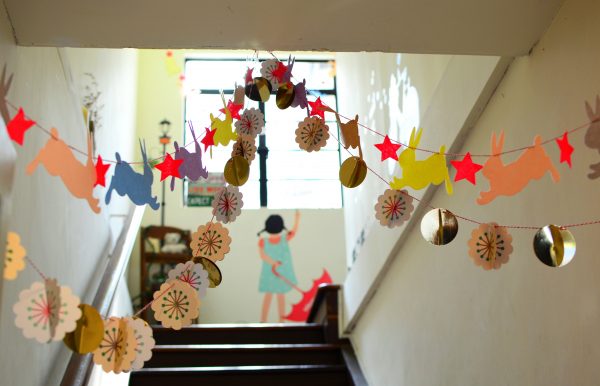I recently reached out to Rosetta Stone, a company known for their language immersion programs to talk with one of their learning experts, Duane Sider. He’s been with the company since 1997, helping develop the program to what it’s become today. We talked a lot about the benefits of why and how children learn a second language. Here are the main points I learned from my research and discussion with Duane: Being biligual/multilingual can help an individual with many areas of life. Specifically education, career, and developing relationships.
Education: Studies have shown that learning a second language can help a child’s intellectual development. It improves their thinking and listening skills, even in their native language. Career: Being bilingual can provide unique career opportunities and is considered an invaluable skill by many employers in a variety of industries. Relationships: Knowing a second language can open doors to new people and cultures. It can give you an opportunity to cultivate relationships with individuals that you may not have been able to before.
How to learn a second language:
When learning a second language, it’s helpful to remember these three important principles: starting early, being immersed, and consistency.
Starting Early: We’re all born with the natural ability to learn languages. A child’s brain is a sponge, soaking up new experiences and information all the time. However as we get older, this natural ability or “sponge” is not as absorbent, making it more difficult to learn a new language. So teaching a child at an early age, can provide significant benefits in language learning. Immersion: Immerse yourself fully in the new language. Try not to translate everything back into your native tongue. Doing so will allow you to tap into your brain’s natural language learning ability. Imagine being dropped in the middle of a foreign land with no one that speaks your native tongue, you’d have to adapt very quickly! Consistency: Many that have learned a second language, but not used it consistently, find their new language skills may get a little rusty. As with any skill, consistency and repetition helps to hone the skill… practice makes perfect. Look for opportunities to regularly engage in your second language.
As I embark on this adventure to learn a new language with my kids, I feel empowered with this knowledge to succeed. I look forward to this new experience and what benefits it will bring to my family. I’m sure there’s many of you who could offer some useful insights from your own experience. If you have anything more to add, please share what you’ve learned. Photo by Cel Lisboa
